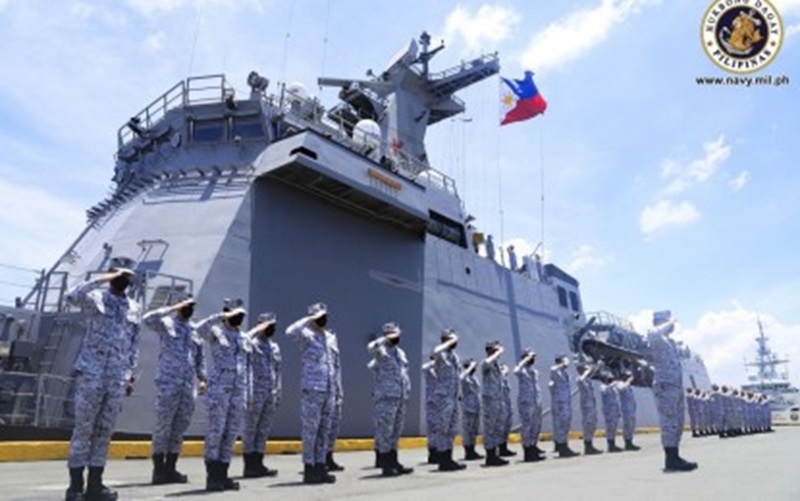Manila to boost ties with Washington and Tokyo against Beijing’s maritime ambitions
The upcoming annual Balikatan military exercise will include an area in the South China Sea that is claimed by China, as well as an area not far from Taiwan. The Philippines wants peace and development in the Indo-Pacific despite tensions fuelled by Beijing.
Manila (AsiaNews) – The Philippines is seeking closer ties with its traditional US ally, but also greater military and strategic cooperation with Japan other international partners with the aim of protecting itself from Chinese pressure and international tensions.
The upcoming annual Balikatan exercise, set to start on 22 April and end 17 days later, is clear evidence of Manila’s orientation. Some 14 other countries, including Japan, India and several European Union member states will be present as observers.
For the first time since the military drill began, the French Navy will be present with a frigate, along with the warships of the two allies in the waters of the Philippines’ exclusive economic zone, which partly overlaps with an area claimed (and de facto annexed) by China.
For the Philippines, this exercise is a clear signal that it wants to put aside doubts and fears and engage in cooperation that can better protect its territorial integrity and meet its economic needs.
This year, the Balikatan exercise will be more extensive in scope and objectives, not only in the sea near Palawan Island, involved in territorial disputes in recent years, but also beyond the northernmost islands of the Philippine archipelago, not far from Taiwan.
The drill will thus be outside the Philippines’ territorial waters for the first time and will include simulating retaking islands invaded by enemy forces.
Manila's choice to boost alliances and activities that Beijing sees as "hostile" has been defined as a "sovereign choice" by the Philippine Department of Foreign Affairs (DFA), following the strategic rapprochement with Washington under President Ferdinand Marcos Jr.
For the Philippine government, the three-way alliance with the United States and Japan will promote peace and economic development in the Indo-Pacific region and is not intended to be a threat to anyone.
For the DFA, however, “China’s excessive maritime claims and aggressive behaviour, including its militarisation of reclaimed features, [. . .] are undermining regional peace and stability and raising tensions.”
Thus, it urges Beijing to “reflect upon its own actions in the South China Sea and the West Philippine Sea.”
03/12/2010







.png)










